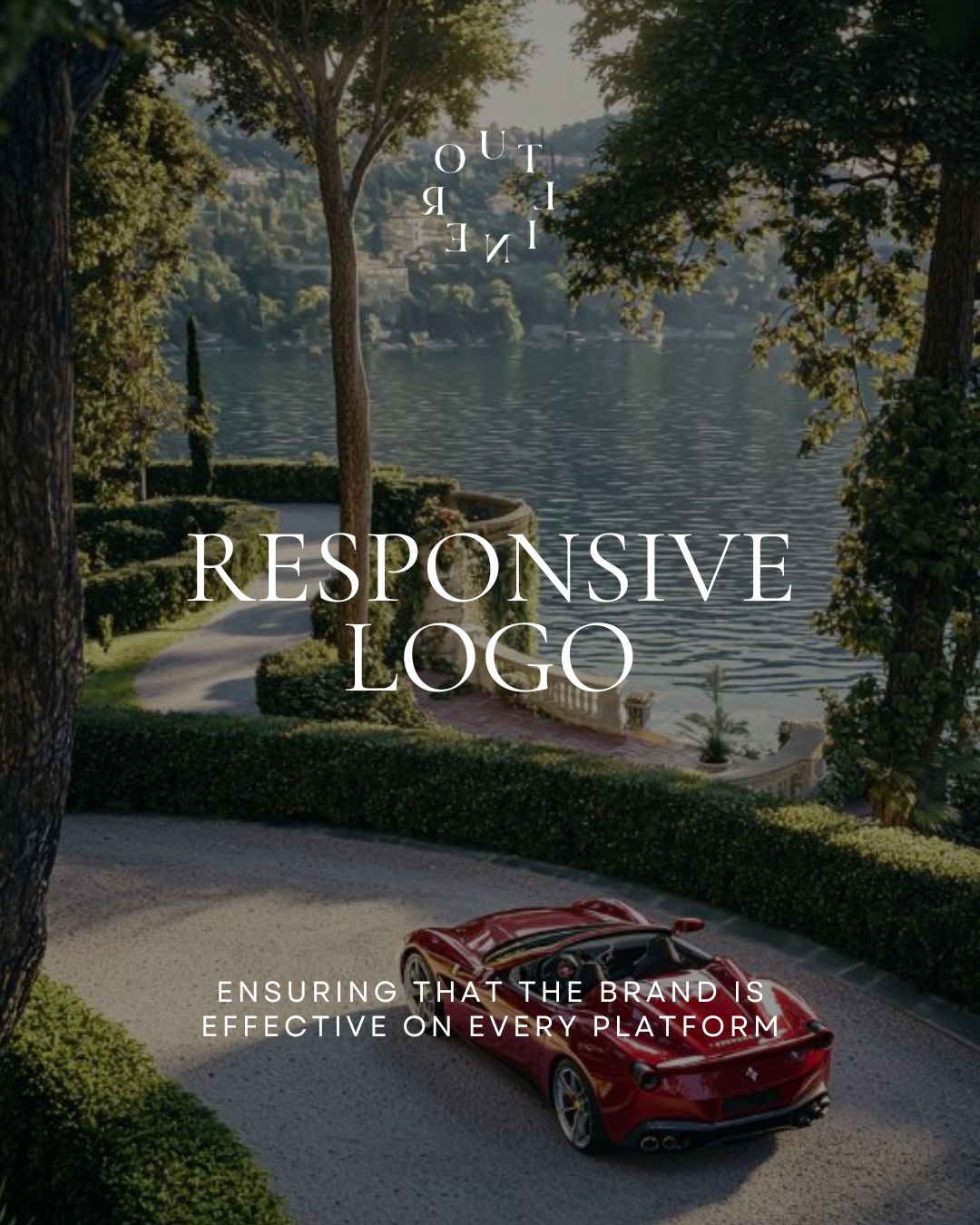Responsive Logo
Responsive logo ensures your brand is consistently represented across all devices and platforms. This enhances your brand’s credibility, recognition, and value.
What Is a Responsive Logo?
Make Your Brand Look Perfect on Every Device
A responsive logo is a logo design that looks great on different devices and screen sizes.
These logos ensure your brand is consistently represented on mobile phones, tablets, and desktop computers.
Why Is It Important?
Responsive logos improve user experience and ensure your brand always looks professional.
For example, a responsive logo may have a detailed design on a large screen, while showing a simpler, more readable version on a small mobile screen.
This helps users recognize the brand easily across various platforms.
The Importance of Responsive Logo Design
Enhance User Experience
Responsive logo design boosts user experience.
When users see your logo clearly on any device, it builds trust in your brand.
Increase Brand Recognition
A responsive logo strengthens brand recognition.
When customers see your logo consistently across platforms, they’re more likely to remember it—one of the most effective ways to build brand loyalty.
How to Design a Responsive Logo
Step-by-Step Guide
Responsive logo design should be tailored to your brand’s needs.
The first step is to determine how your logo will appear in various sizes and formats.
Testing and Optimization
Test your logo on different devices to ensure it looks its best on each platform.
Working with a professional designer can help you optimize your logo for all screen types.
Key Principles of Responsive Logo Design
Consistency and Readability
Maintain consistency and clarity.
Your logo should be recognizable regardless of the screen size.
Avoid Excessive Details
Avoid intricate patterns or small fonts that may become unreadable on small screens.
Benefits of Responsive Logo Design
Strengthen Your Brand
A responsive logo ensures consistent brand presentation, reinforcing your brand’s power across platforms.
Boost Customer Satisfaction
When your logo is easy to recognize anywhere, it boosts customer satisfaction and builds loyalty.
Tools for Responsive Logo Design
Professional Design Tools
Responsive logos can be created using professional design tools that allow you to test how your logo appears on various devices.
Examples of Tools
Tools like Adobe Illustrator and Sketch are ideal for designing responsive logos and testing scalability.
Trends in Responsive Logo Design
Stay Updated with Modern Trends
Staying updated with the latest design trends is crucial for creating modern and impactful logos.
Minimalism and Simplicity
Minimalism and simplicity are among the most prominent trends.
These styles ensure logos are both visually appealing and readable across devices.
SEO Benefits of Responsive Logo Design
Stand Out in Search Engines
Responsive logos also contribute to SEO performance.
Fast-loading and well-optimized logos improve your site’s search engine ranking.
Mobile Compatibility
Responsive logos enhance mobile-friendliness, which is a key factor for higher rankings in search engine results.
Examples of Responsive Logos
Learn from the Best
Study successful examples to get inspired.
Brands like Google and Coca-Cola offer great references for how responsive logo systems work effectively.
The Future of Responsive Logo Design
Invest in the Future
Responsive logo design will only become more essential with technological advances.
New devices and platforms will continue to emerge, demanding more flexible and scalable branding.
Wearables and Smart Devices
Smartwatches and wearable technology highlight the growing importance of responsive logos.
To future-proof your brand, now is the time to invest in adaptive visual identity systems.
Related Article:
Why Should You Invest in a Logo?
Minimalism vs. Maximalism in Logo Design: Which One Should You Choose?
READY TO TAKE YOUR BRAND TO THE NEXT LEVEL?
Tell us about your project.
Let’s collaborate and make great stuff.






Leave a Reply